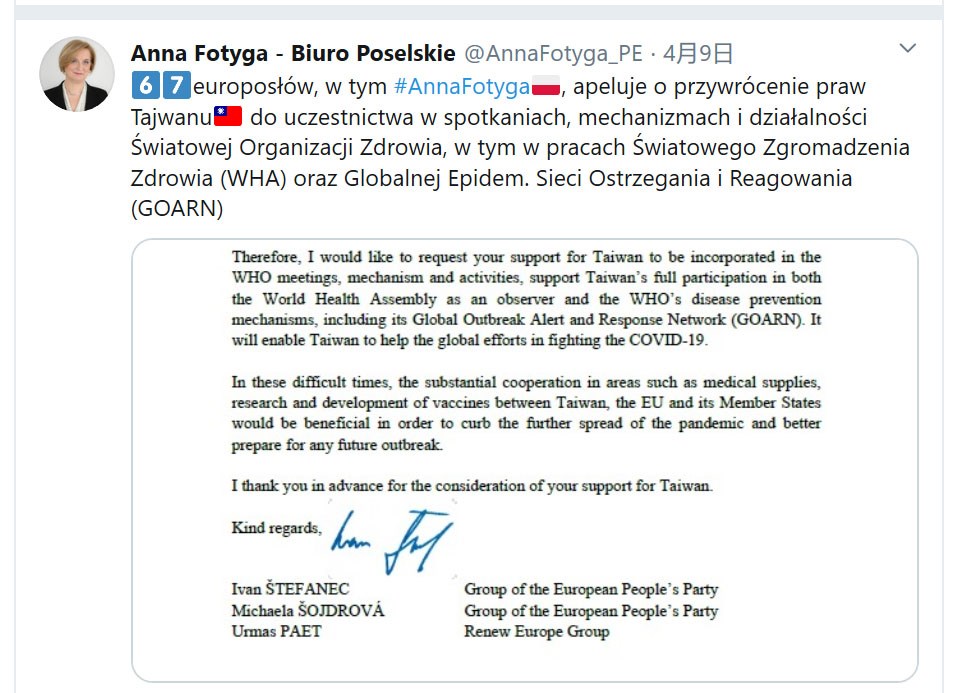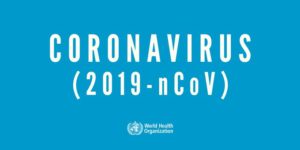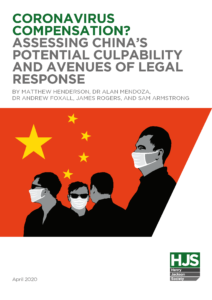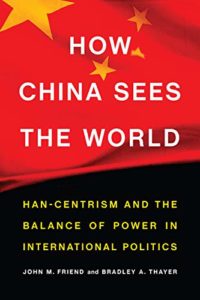
China has been buying up ads on U.S. social-media sites and adopting online tactics reminiscent of Russian disinformation campaigns in an apparent attempt to shape the story internationally about the coronavirus response, according to researchers analyzing the activity, the Wall Street Journal reports (HT;FDD):
China has bought more than 200 political ads on Facebook since the end of 2018, but more than a third have been purchased in the past two months, said Vanessa Molter, a researcher at the Stanford Internet Observatory, a cyber-policy institute. Most of the recent ads focused on trying to shape global perception around China’s handling of the coronavirus outbreak, she said….. China’s state-media political advertising on Facebook has drawn as many as 109 million views over the past 14 months, about 45 million of them since Feb. 15. That reach is far larger than the estimated 40 million impressions that Russia’s Internet Research Agency obtained in its disinformation operations around the 2016 U.S. presidential election.

China Digital Times
For Beijing, Taiwan’s successful pandemic response poses dual challenges, undercutting the Communist Party’s claims to superiority over liberal democracies, and bolstering a sense of local identity among the many Taiwanese who object to China’s efforts to isolate and assimilate the island, Chun Han Wong writes for the Wall Street Journal.
“This attention to Taiwan, respect for Taiwan and sudden support for Taiwan is obviously
irksome for Beijing,” said Jonathan Sullivan, director of China Programs at the University of
Nottingham Asia Research Institute. China, he added, “is unlikely to accept this outcome
graciously.”
 Some 127 European parliamentarians have expressed support for Taiwan’s bid to participate in the decision-making body of the World Health Organization (WHO), Taiwan’s foreign ministry said Saturday.
Some 127 European parliamentarians have expressed support for Taiwan’s bid to participate in the decision-making body of the World Health Organization (WHO), Taiwan’s foreign ministry said Saturday.
Taiwan is well acquainted with and experienced in countering CCP propaganda and disinformation, adds China Digital Times, a partner of the National Endowment for Democracy (NED). Additionally, hard-learned lessons from the 2002-2003 SARS epidemic went a long way in guiding Taipei’s domestic response measures, as James Griffiths reports for CNN.
Kathy Gilsinan explains How China Deceived the WHO in the Atlantic.
The CPC’s infodemic — in addition to its intense spinning of solidarity on social media and its framing of a “people’s war against the virus” — was both a deceitful and farcical illusion of a coming together in China, note Irwin Cotler, the Chair of the Raoul Centre for Human Rights, Emeritus Professor of Law at McGill University, and former Minister of Justice and Attorney General of Canada, and Judith Abitan, the Executive Director of the Wallenberg Centre. The extent of the CPC’s self-promotion and its portrayal of President Xi as a hero ready to save the world — while making Western democracies look grossly incompetent — is as shameful as it is duplicitous, they write for the Times of Israel.
The community of democracies must undertake the necessary legal initiatives — be they international tort actions as authorized by treaty law, or the utilization of international bodies, like the International Court of Justice — to underpin the courage and commitment of China’s human rights defenders, they contend (a demand also made in a recent report from the Henry Jackson Society – above).
 One encouraging sign is that the CCP has developed deep cracks, and some may be reflecting on the consequences of dictatorship, according to Bradley A. Thayer, the co-author of “How China Sees the World: Han-Centrism and the Balance of Power in International Politics,” and Lianchao Han, vice president of Citizen Power Initiatives for China. True political reform that leads to democracy and the rule of law is the only way out for China. Ren Zhiqiang may be the last hope for creating a reformed China, they write for the Hill.
One encouraging sign is that the CCP has developed deep cracks, and some may be reflecting on the consequences of dictatorship, according to Bradley A. Thayer, the co-author of “How China Sees the World: Han-Centrism and the Balance of Power in International Politics,” and Lianchao Han, vice president of Citizen Power Initiatives for China. True political reform that leads to democracy and the rule of law is the only way out for China. Ren Zhiqiang may be the last hope for creating a reformed China, they write for the Hill.
The National Endowment for Democracy (NED) has coined the term sharp power to describe China’s policies abroad, McGill University’s writes. Ironically, the response to COVID-19 in most of those liberal democracies has been an increased participation of the State, both politically and economically. This trend, however, is likely to remain temporary and not mark a paradigm shift towards socialism with Chinese characteristics, he argues.

National Endowment for Democracy (NED)
The Chinese dictatorship is, in fact, through recklessness and cover-up, responsible for a global plague and tipping the entire world into a deep depression, Andrew Sullivan adds. And so the virus has forced us to accept another discomforting reality: Integrating a communist dictatorship into a democratic world economy is a mug’s game, he writes for New York magazine. From now on, conscious decoupling is the order of the day.
China’s people should not be held responsible for allowing the conditions that scientists have long warned could lead to a pandemic, but China’s ruling Communist Party is culpable, Bill Maher contends (below).







